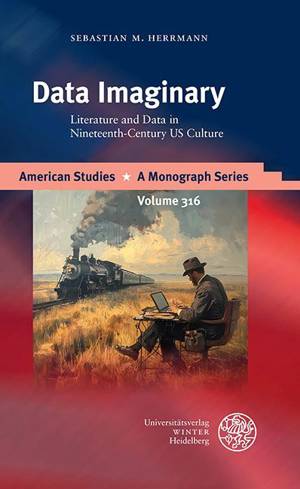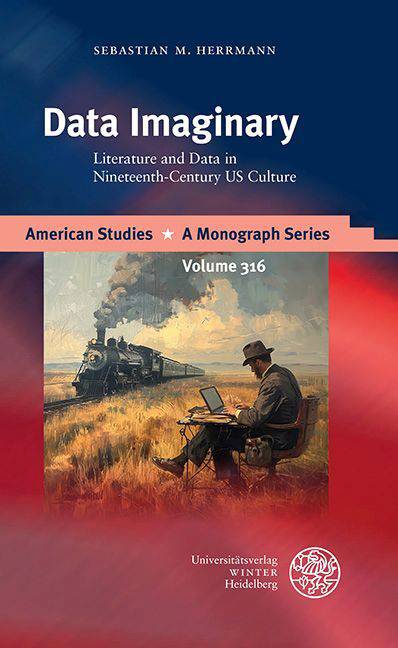
- Afhalen na 1 uur in een winkel met voorraad
- Gratis thuislevering in België vanaf € 30
- Ruim aanbod met 7 miljoen producten
- Afhalen na 1 uur in een winkel met voorraad
- Gratis thuislevering in België vanaf € 30
- Ruim aanbod met 7 miljoen producten
Zoeken
€ 61,45
+ 122 punten
Omschrijving
'Data Imaginary' is about the co-evolution of the literary and of data around the middle of the long nineteenth century. It argues that, during romanticism, US culture negotiated the outlines of the literary-what literature is, what literary value consists of, and what literature can do-in relation to the outlines of another representational project that was gaining sharper contours and a stronger foothold in public perception at the time: data. As the young nation was searching for a national literature of its own, data and data-driven practices formed an important foil, a conceptual resource to articulate the desire for a new, democratic literature. Revisiting formative decades of US literary self-perception through the conceptual lens of data, this book rethinks the representative project of transcendentalism, the catalog poetry of Walt Whitman, the formal experimentation of abolitionist literature, and the evolution of American (literary) studies.
Specificaties
Betrokkenen
- Auteur(s):
- Uitgeverij:
Inhoud
- Aantal bladzijden:
- 421
- Taal:
- Engels
- Reeks:
- Reeksnummer:
- nr. 316
Eigenschappen
- Productcode (EAN):
- 9783825348878
- Verschijningsdatum:
- 13/05/2024
- Uitvoering:
- Hardcover
- Formaat:
- Genaaid
- Afmetingen:
- 135 mm x 211 mm
- Gewicht:
- 5669 g

Alleen bij Standaard Boekhandel
+ 122 punten op je klantenkaart van Standaard Boekhandel
Beoordelingen
We publiceren alleen reviews die voldoen aan de voorwaarden voor reviews. Bekijk onze voorwaarden voor reviews.











